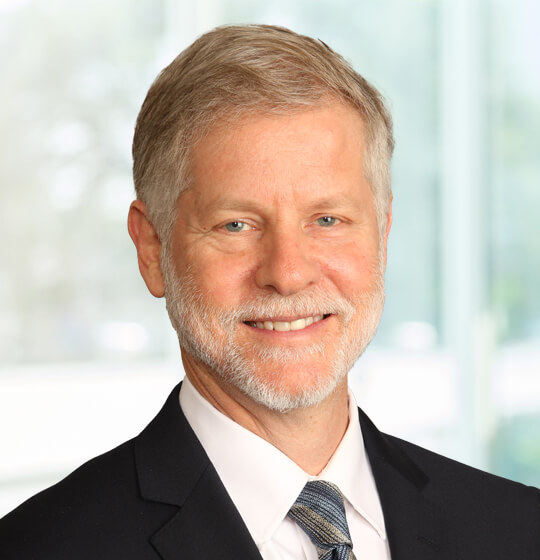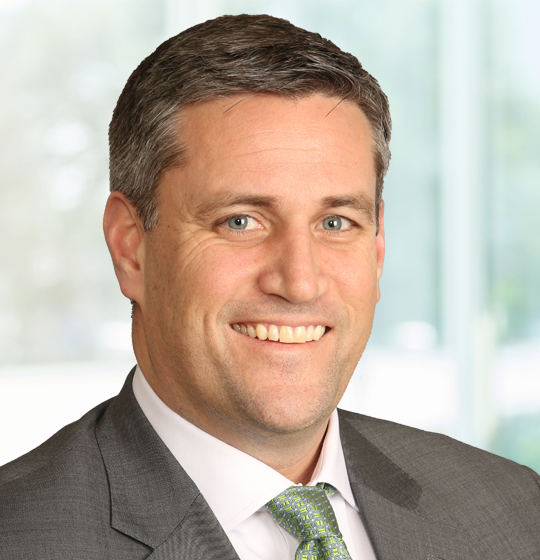Quick Hits
- In Perez v. Barrick Goldstrike Mines, Inc., the Ninth Circuit joined the Second, Fourth, Sixth, and Eighth Circuits in holding that an employer’s right to obtain a second opinion is permissive, not mandatory, under the FMLA.
- A jury may consider an employer’s nonmedical evidence in determining whether an employee had a “serious health condition” under the FMLA.
Background
In Perez v. Barrick Goldstrike Mines, Inc., the Ninth Circuit held, as a matter of first impression, that an employer may contest an employee’s entitlement to the protections of the FMLA even if the employer did not obtain a second medical opinion.
An underground miner claimed he was injured at work, and obtained a doctor’s note requesting five days off to recover. The employer, based on the medical note, granted the leave. Once the initial leave expired, the doctor indicated the employee needed an additional two weeks off due to ongoing pain. The employer again approved the leave.
Subsequently, the employer learned information raising questions about whether the employee had a serious health condition. The employer investigated the employee’s accident, and found no evidence the accident had occurred. Moreover, a coworker told management that, before the incident, the employee had stated that he planned to fake an injury so he could take time off to work on his rental properties. Based on this evidence, the employer hired an investigator to look into the matter, and received video evidence showing that the employee was not suffering from a serious health condition. The employer terminated the employee’s employment as a result.
The employee filed a civil action against the employer in the U.S. District Court for the District of Nevada alleging unlawful termination and FMLA interference. The jury found that the employee did not have a “serious health condition” that would entitle him to the protections of the FMLA.
The Ninth Circuit’s Analysis
On appeal to the Ninth Circuit, the employee argued that if the employer doubted the validity of his medical certification, the FMLA required the employer to obtain a second opinion. The Ninth Circuit rejected this argument. Turning to the plain language of the statute—29 U.S.C. § 2613(c)-(e)—the court emphasized that the use of the word “may” indicates the FMLA allows—but does not require—a second opinion.
The court clarified that an employer merely has a right to utilize the second opinion procedure, but that failure to exercise this option does not deprive the employer of “any future opportunity to contest the validity of the certification.” The court noted this interpretation is consistent with the holding of every other circuit to address the issue to date. The court held that, because the second opinion procedure was merely permissive, the district court properly refused to instruct the jury otherwise in this case.
Key Takeaways
Perez creates helpful precedent for employers operating in the Ninth Circuit. The decision highlights that, in some cases, nonmedical evidence may be relevant to determining whether the employee had a “serious health condition” under the FMLA. Although a second medical opinion is not mandatory, employers may want to carefully consider whether to utilize the FMLA’s second opinion procedure in light of the facts and circumstances present in each case.
Ogletree Deakins will continue to monitor developments and will provide updates on the Leaves of Absence and State Developments blogs as additional information becomes available.
Follow and Subscribe








